This article has been subject to prior review by administration.
“If you want liberty, you have to put up with the messiness of democracy,” said Upper School Social Studies Teacher Christian Marcelli. As the 2024 election ensues, it becomes increasingly critical for Florida voters to understand the truth and complexities behind the ballots they’ll be filling out. This is especially true about the Florida amendments, which some believe are more critical this year than ever before.
Florida is one of only 18 US states that follows an initiative petition policy, providing the voting population with the power to pass state constitutional amendments. Six such amendments are set to be featured on Florida’s ballot this year. Ranging from issues involving property taxes to the legalization of marijuana, all have two factors in common: a petition featuring signatures from eight percent (roughly 900,000) of voters from the previous year’s election and representation from a minimum of 14 out of Florida’s 27 congressional districts.
Drawing the most attention and controversy this year is Amendment Four, which prohibits government intervention on abortion access, especially in situations where health is at risk. Governor Ron DeSantis stands firmly and openly against the amendment, protesting it’s written vaguely and intended to confuse voters.
While opinions on DeSantis vary, junior Tanner Johnson spoke on the nature of the statement as a whole: “I think it’s interesting. He’s trying to influence something that he was not really supposed to be a part of, you know?”
A major conflict arose as police officers were reported visiting petitioners in their homes to confirm the validity of their signatures. Many believe this to be an intimidation attempt as a result of DeSantis’ prior bias, which has raised questions about the amendment’s integrity.
Contentions with wording, as mentioned by DeSantis, are common, since amendments are often written with legal language that can’t be easily deciphered by the average voter. When a quote from Amendment Five, based on the decrease of property taxes, was read to freshman Ella Mathews, she said, “I have no clue what that means. Honestly, I feel like it’s a ton of words, and it’s a lot to process. It doesn’t make sense.”
Amendment One takes on an entirely separate perspective and has been encountering its own issues surrounding board elections for Florida public schools. Sponsored by the Florida Legislature, the revision makes it mandatory that school board officials declare their political party before running for office.
Proponents of the bill say it will increase transparency and insist it will help parents to predict the board’s response to future conflicts. They argue that the amendment’s purpose is not to enforce or encourage political beliefs, but to ensure voters have sufficient information before electing someone who works with their children.
On the opposing side, arguments involve the quality of education, but many claim qualification should take priority over political standpoints in a school setting. Some fear the amendment could limit in-school exposure to unbiased information. A few concerns have also arisen on the ability for board members with contradicting political opinions to collaborate and compromise with one another.
Some worry that certain amendments are a waste of time. In 2018, Florida voters passed an amendment that was designed to restore voting rights to convicted felons who had completed the terms of their sentencing. Despite nearly 65 percent of votes being in favor of it, the original document was never implemented. “There was no one to stamp [your voter ID card] and say ‘your voting rights are back.’ So, that’s another way that the legislature failed in the implementation of that right. The voters wanted this thing, and the voters didn’t get it for a number of reasons,” Marcelli said.
In 2019, shortly after the election, DeSantis signed Senate bill 7066 which placed contradicting limitations on the amendment. Legal financial obligations (LFOs) were required to be paid before felons could regain the ability to vote, leaving voters concerned that paying to vote was unconstitutional. “I feel like that’s not really fair,” said Matthews. “It’s bypassing the democracy of our country. We shouldn’t really be able to do that.”




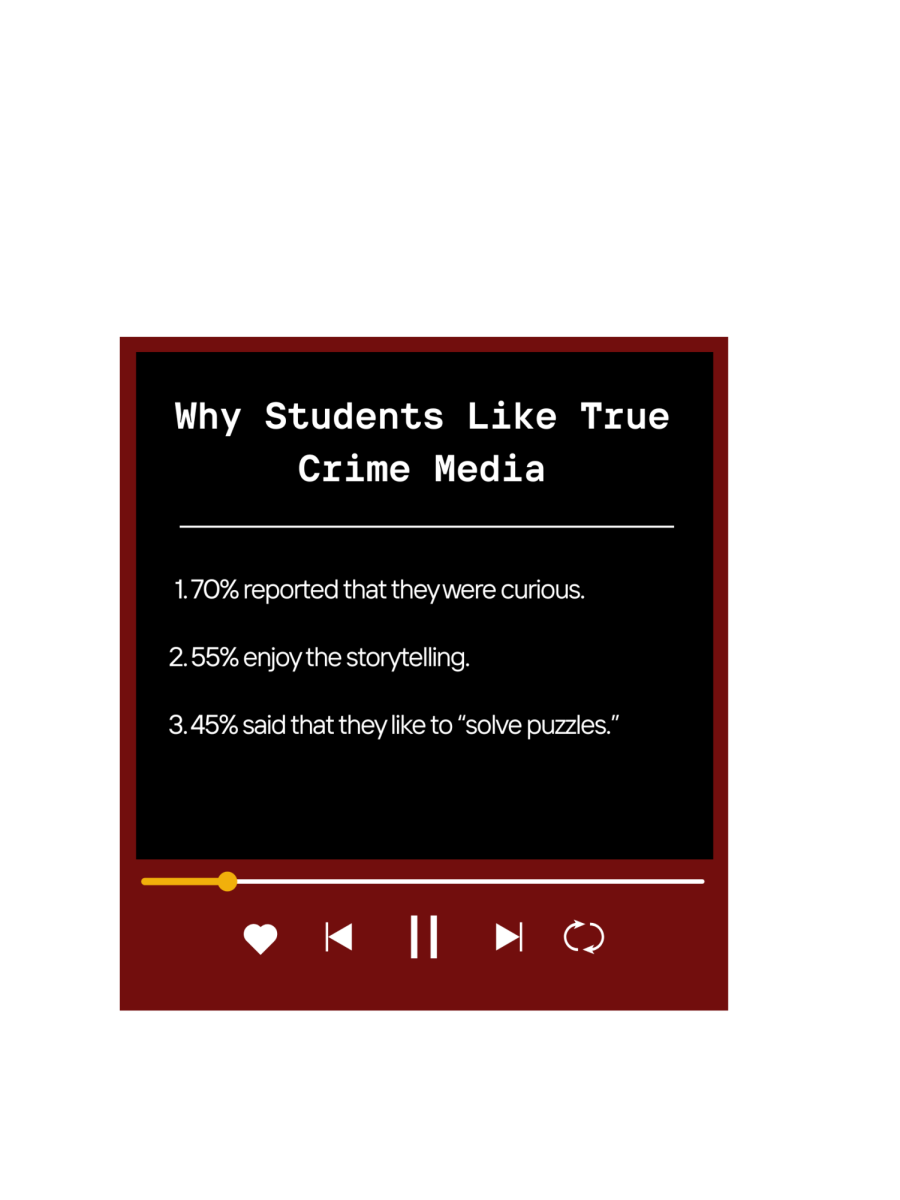
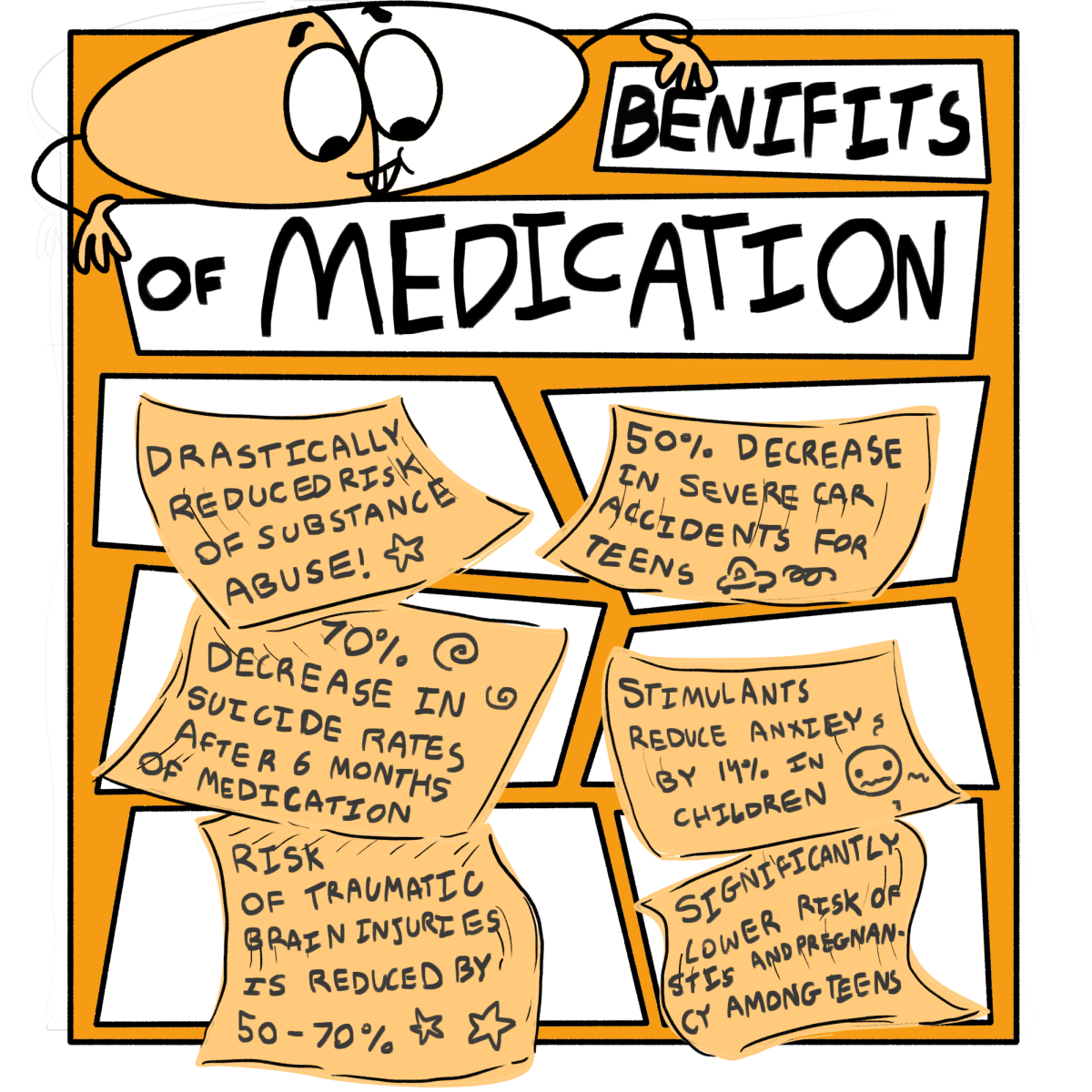






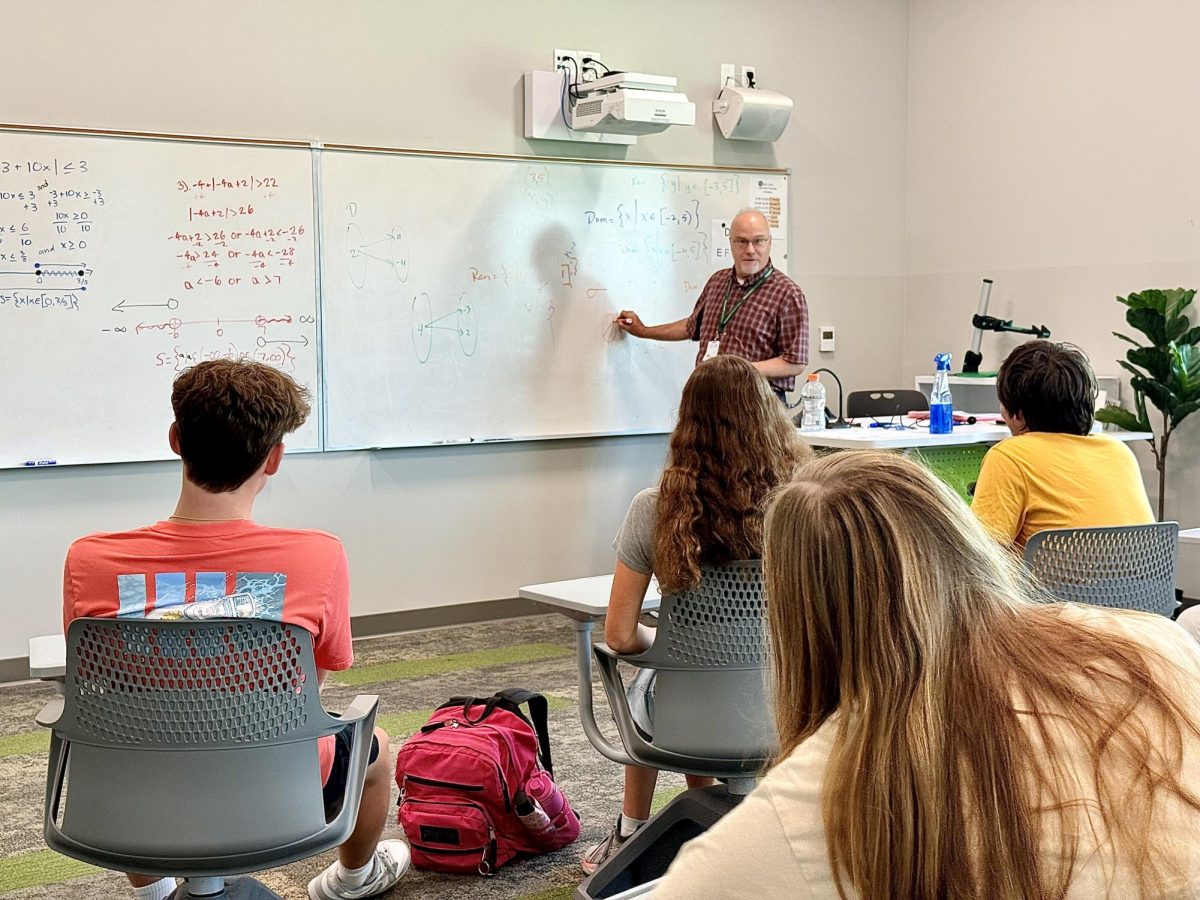





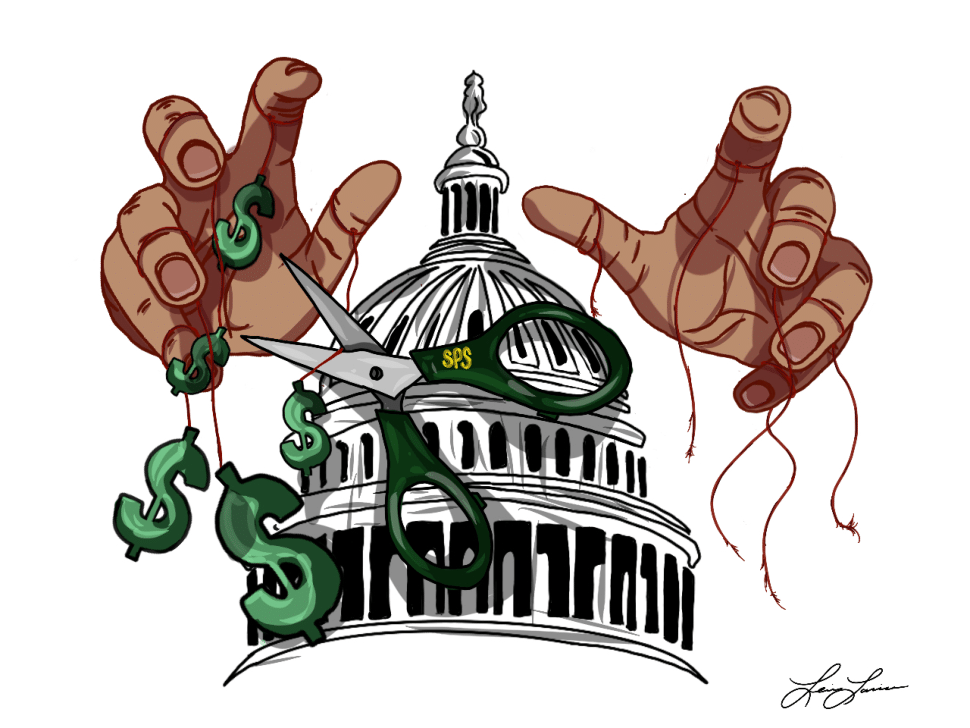















![Thespians pose on a staircase at the District IV Thespian Festival. [Front to back] Luca Baker, Maddison Cirino, Tanyiah Ellison, Alex Lewis, Summer Farkas, Jill Marcus, Ella Mathews, Sanjay Sinha, Isabella Jank, Sofia Lee, Boston Littlepage-Santana, Sally Keane, Tyler Biggar, Tanner Johnson, Jasper Hallock-Wishner, Remy de Paris, Alex Jank, Kaelie Dieter, and Daniel Cooper. Photo by Michael McCarthy.](https://spschronicle.org/wp-content/uploads/2024/12/image1-900x1200.jpg)

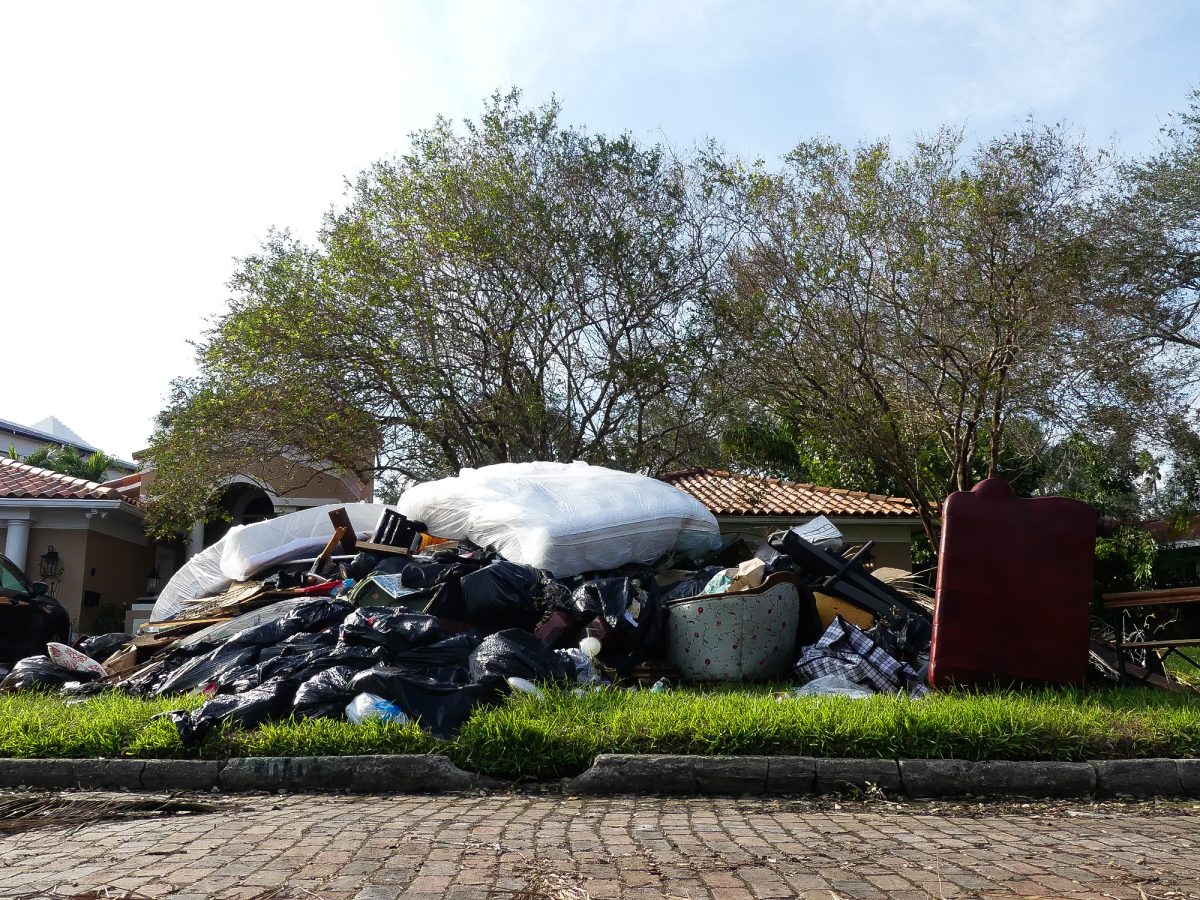



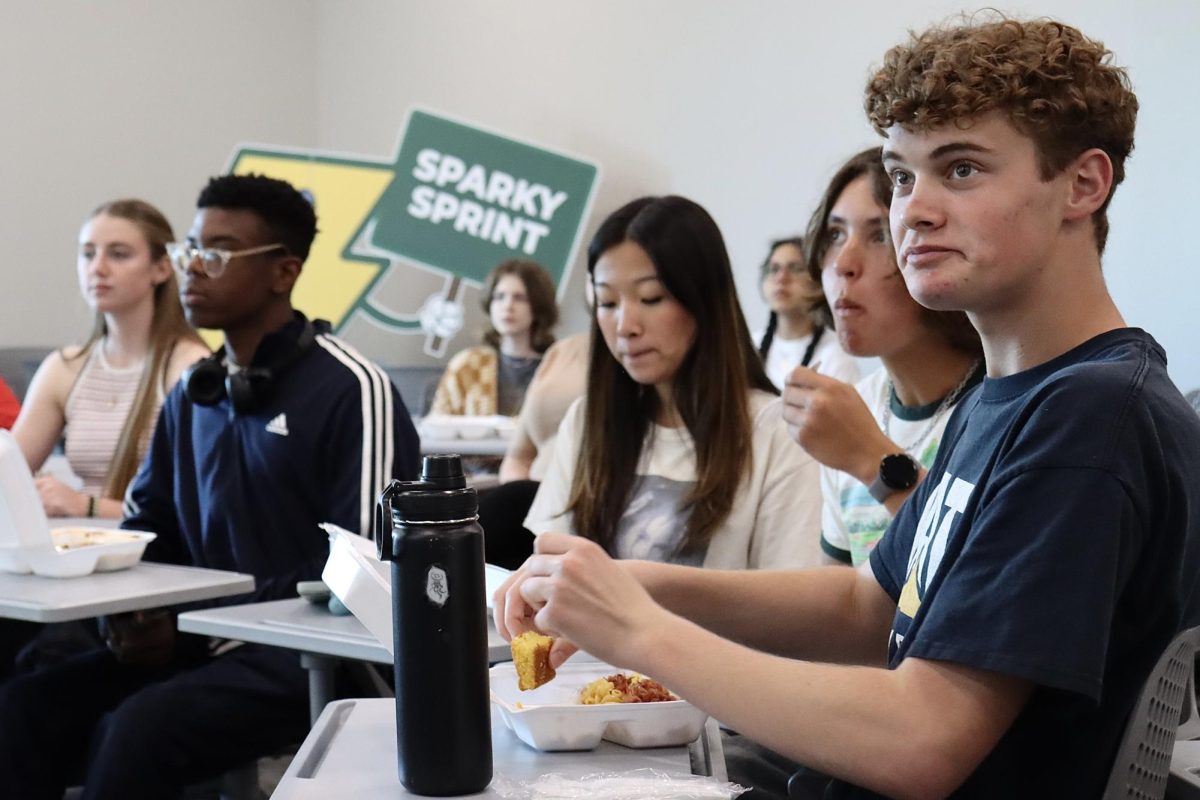

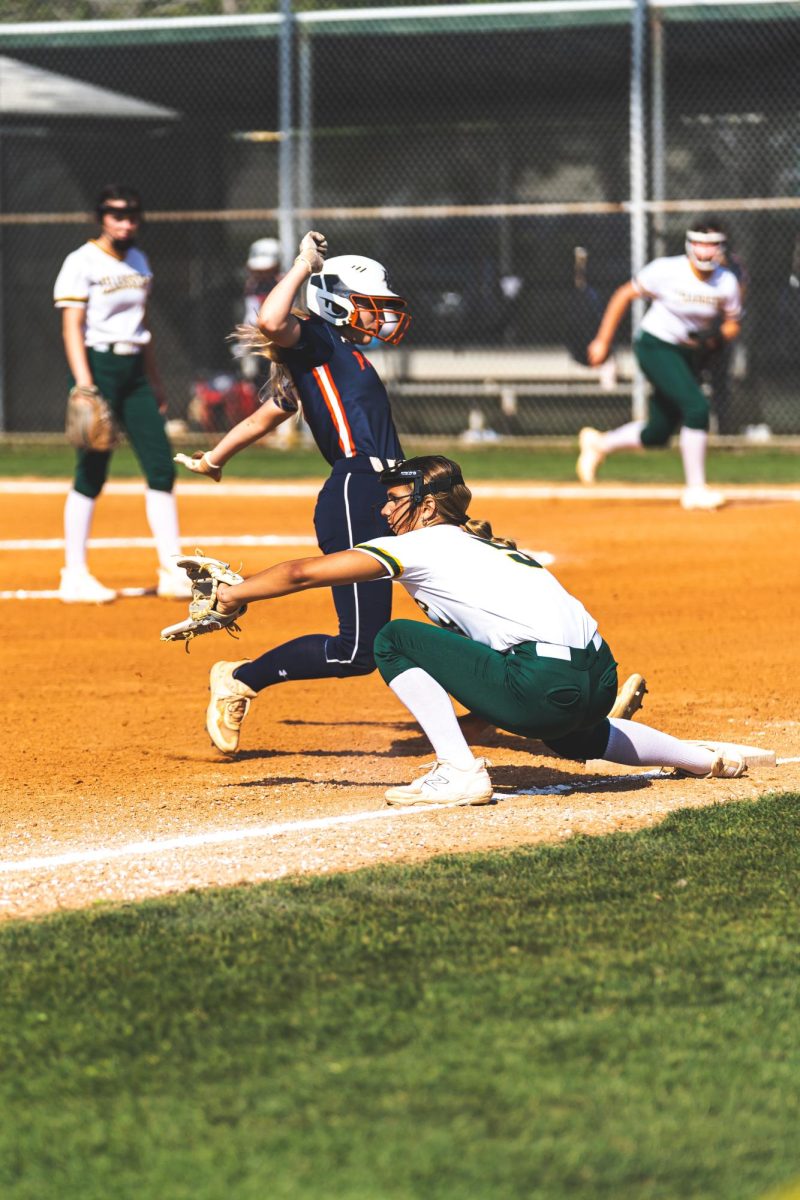



Mark Blondin • Nov 1, 2024 at 1:18 pm
It’s truly helpful to read a well written article like this, that presents facts in a strait forward manner. There is so much to understand and information sources are seldom gathered for effective use.
Thank you for publishing this!!